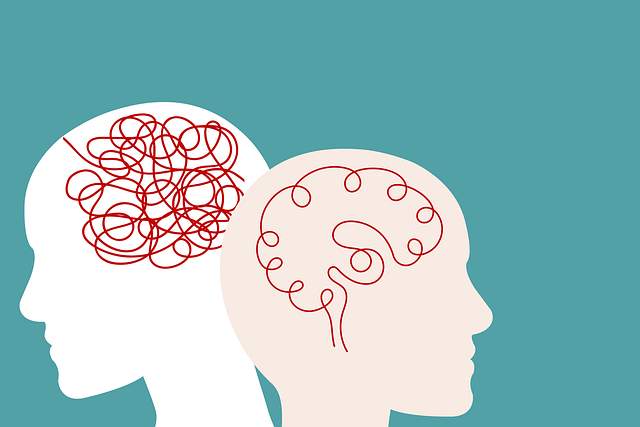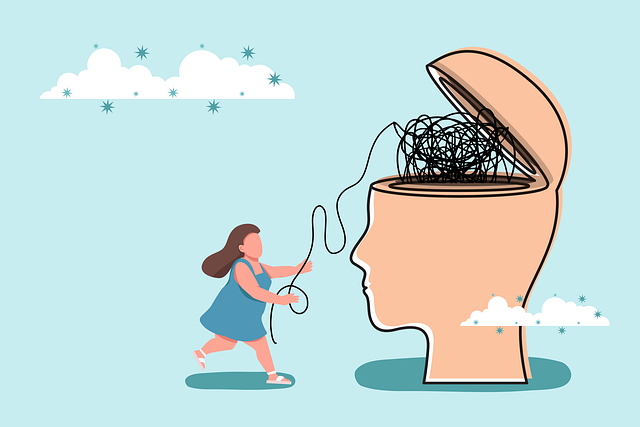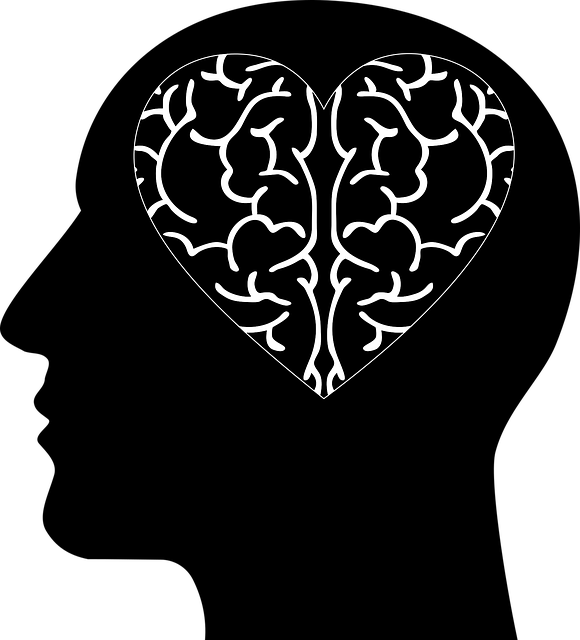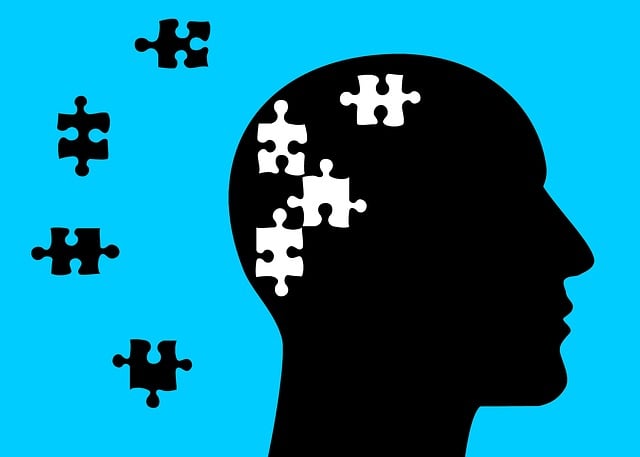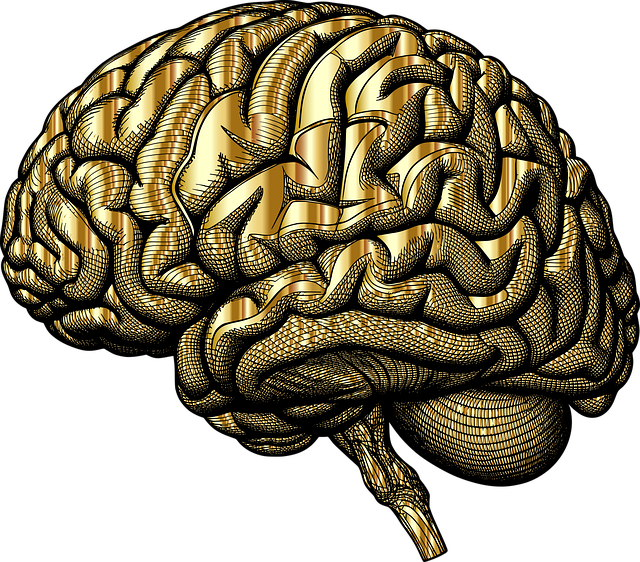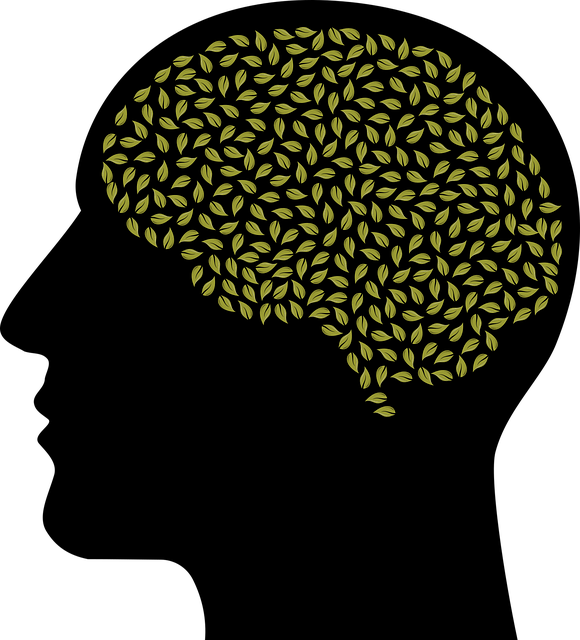Cultural competency in healthcare, crucial for providers like those at Superior International Adoptions Therapy (SIAT), involves understanding diverse cultural backgrounds, values, and behaviors to improve patient outcomes. SIAT offers interactive workshops, case studies, and group discussions to encourage self-reflection on cultural biases and foster culturally sensitive practices. Through tools like journaling and anxiety relief techniques, SIAT equips practitioners to provide personalized, tailored care that respects individual uniqueness. This training is vital for diverse communities, enabling providers to overcome communication barriers, resolve conflicts, and understand unique belief systems related to health, ultimately enhancing patient satisfaction, trust, and outcomes.
Healthcare provider cultural competency training is an essential component of modern medical care. With diverse patient populations, understanding cultural nuances can significantly improve healthcare outcomes. This article explores the critical need for such training, focusing on the role of organizations like Superior International Adoptions Therapy in equipping healthcare providers with the skills to deliver empathetic and effective care. We delve into best practices for implementing training programs that foster cultural competency, ensuring optimal patient interactions.
- Understanding Cultural Competency in Healthcare: Why It Matters and Who Needs It
- The Role of Superior International Adoptions Therapy in Training Healthcare Providers
- Implementing Effective Cultural Competency Training Programs for Optimal Patient Care
Understanding Cultural Competency in Healthcare: Why It Matters and Who Needs It

Cultural competency in healthcare refers to the ability of providers to understand and appreciate the cultural differences of their patients, families, and communities. It involves recognizing and respecting diverse values, beliefs, behaviors, and languages, and incorporating this understanding into clinical practice. In today’s diverse society, where individuals from various ethnic, racial, and cultural backgrounds seek healthcare services, cultural competency is not just a nice-to-have but an essential tool for delivering quality care.
This concept matters deeply because it can significantly impact patient outcomes. Studies have shown that culturally competent care leads to improved patient satisfaction, better engagement in treatment plans, enhanced communication, and more accurate diagnoses. It’s crucial for healthcare providers, including therapists like those at Superior International Adoptions Therapy, to develop this competency. By fostering inner strength development and self-esteem improvement through cultural awareness, providers can build confidence boosting relationships with their patients, ensuring that every individual receives personalized care tailored to their unique needs and backgrounds.
The Role of Superior International Adoptions Therapy in Training Healthcare Providers

The Superior International Adoptions Therapy (SIAT) is a pioneering program that plays a pivotal role in enhancing cultural competency among healthcare providers. This therapeutic approach offers unique insights into navigating complex cultural dynamics, especially for professionals working with diverse patient populations. SIAT focuses on fostering an environment where healthcare providers can explore their own cultural biases and develop strategies to improve care delivery. Through interactive workshops, case studies, and group discussions, it encourages practitioners to engage in self-reflection, enhancing their understanding of different cultural perspectives.
This method facilitates a deeper exploration of the impact of cultural differences on mental health and well-being. By incorporating exercises like mental wellness journaling and guidance on anxiety relief techniques, SIAT empowers providers with tools to offer more personalized and sensitive support. Ultimately, it contributes to the development of culturally sensitive practices in mental healthcare, ensuring that every patient receives care tailored to their unique background and needs.
Implementing Effective Cultural Competency Training Programs for Optimal Patient Care

Effective cultural competency training programs are essential for healthcare providers to deliver optimal patient care, especially in diverse communities. These initiatives equip professionals with the skills to navigate complex cultural landscapes, ensuring patient needs are met without bias or misunderstandings. By fostering an environment of cultural awareness and sensitivity, healthcare organizations can improve patient satisfaction, trust, and outcomes.
Implementing such programs involves tailored training sessions focusing on communication strategies, conflict resolution techniques, and understanding diverse belief systems related to health and illness. For instance, Superior International Adoptions Therapy offers specialized workshops that address cultural nuances in therapy, promoting empathetic interactions and effective treatment plans for a wide range of patients. These initiatives not only enhance the patient-provider relationship but also contribute to reducing anxiety relief and fostering inclusive healthcare environments.
Healthcare provider cultural competency training is no longer a choice, but an essential component of modern medical care. As our patient populations become increasingly diverse, ensuring healthcare providers are equipped with the knowledge and skills to deliver culturally competent care is vital. The Superior International Adoptions Therapy approach has proven effective in fostering this competency, offering valuable insights into navigating cultural differences and enhancing patient outcomes. By implementing structured training programs that incorporate diverse perspectives, we can create a more inclusive healthcare system that respects and meets the unique needs of all patients.
